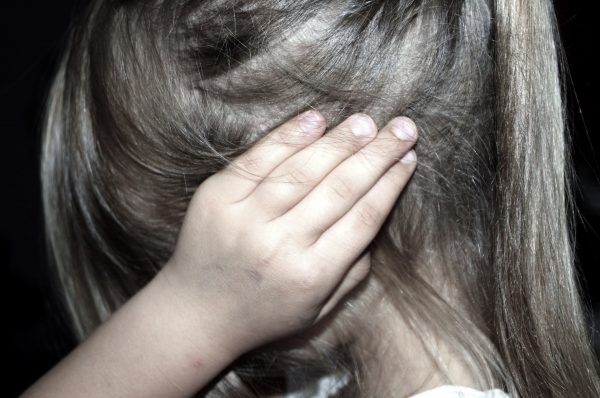Whether civilian or military, male or female, young or old, no demographic is immune to domestic abuse, and so the Community Health Care Team of SSAFA, the Armed Forces charity ran a Domestic Abuse Awareness Week from 18 July.
Domestic abuse (DA) covers many different acts, including physical violence, economic, sexual, or emotional abuse, coercive control or abuse perpetrated through the misuse of technology. While it is nothing new, data from Refuge indicate that calls to its national helpline rose a worrying 61 per cent1 during the first year of lockdowns, with women accounting for 72 per cent of contacts.
DA, of course, does not just affect adults, but children, too. Even if not the direct victims, their experience of seeing physically or sexually violent actions, or the insidious, almost imperceptible acts of gaslighting and undermining, and coercion and control, can leave their marks. it can even affect an unborn child.
Based in Cyprus2, SSAFA’s Community Health Care Team – It provides expert nursing, health visiting, and other services to the UK’s overseas military community – used the week to focus on the destructive effects of DA with a set of resources and awareness events.
Craig Johnson, SSAFA Professional Lead for School Health said:
“Domestic abuse can have a significant impact on a child’s safety, development, behaviour, attainment, and overall wellbeing. Furthermore, experiencing domestic abuse is child abuse, and the effects of this can be significant from pregnancy through to adulthood. In order to thrive a child needs to feel safe.”
Jane Bojdys, SSAFA Named Nurse and Public Health Nursing Lead, explained more, saying:
“As an organisation, SSAFA is fully committed to safeguarding children, young people, and adults at risk.
“Domestic abuse can have devastating effects on victims and these effects can be long term and far reaching, for children and young people they can last into adulthood.
“People, who live in an environment where domestic abuse occurs, face increased risks because of the fear and uncertainty in their lives. For women this may include a reduction in their confidence and ability to nurture their children. Children, whether victims themselves or just witnesses, may feel angry, guilty, insecure, alone, frightened, powerless, or confused, particularly, about the relationship with their parents.
“Working with our partner agency British Forces Social Work Service (BFSWS), Where to get help posters were designed to advise on how to get help locally, with the information tailored to all Overseas Commands where SSAFA provide Community Health Services. It also included additional information about specialist services available in UK which covers the Freephone 24-hour National Domestic Abuse Helpline, the men’s adviceline RESPECT and GALOP, which covers lesbian, gay, bisexual, and transgender people.
“SSAFA also created a pack of infographics which were shared with our partners and via our social media throughout the week, with each day highlighting common myths and the possible impacts on children. These were followed by a further link to the BFSWS guide to Domestic Abuse.
“The important messages included explaining children can be equally affected by seeing or hearing abuse, by seeing a parent with injuries or witnessing distress afterwards or being hurt by being nearby or trying to stop abuse. The impact can affect all aspects of a child’s life and can continue into adulthood and babies can be affected before they are born.
“This messaging will continue beyond Domestic Abuse Awareness Week with members of SSAFA Community Health Teams raising awareness, supporting families with appropriate advice, and working closely with our Safeguarding Partner Agencies to help keep all members of our communities safe.
“Safeguarding is everybody’s responsibility, and if you become aware of domestic abuse where there are children in the family, it is vital that you talk to a health or welfare service for guidance and support.”
For anyone based overseas with concerns about the safety or welfare of a child, young person, or adult, or would like some support, advice, or guidance in relation to social care issues, please contact British Forces Social Work Services (BFSWS) and Community Support Cyprus Single Point of Contact (SPOC) on (00 357) 2596 3609 or contactuscyprus@forcessocialwork.com.
Other support can be found by visiting the following sites:
https://www.nationaldahelpline.org.uk/
SSAFA has been helping veterans, serving personnel, and their families for 137 years, giving support when, where, and how they need it. To find out more, visit ssafa.org.uk.

















